Internet Society Delhi Chapter and CCAOI Organize Webinar on India’s Draft Intermediary Rules

On 10 January, the Internet Society Delhi Chapter and CCAOI jointly organised an interactive webinar on the draft Information Technology [Intermediary Guidelines (Amendment) Rules] 2018 (“the draft Intermediary Rules”) to improve understanding of it and to encourage members and other Indian stakeholders to submit their comments to the Ministry of Electronics and Information Technology (MeitY) during their public comment period. The draft Intermediary Rules seeks to modify Section 79(2)(c) of the Information Technology Act, 2000 (the IT Act). Section 79 of the IT Act introduces obligations for intermediaries to meet to gain exemption from liability over the third-party information that they “receive, store, transmit, or provide any service with respect to.” These proposed changes were developed by MeitY to try to address misinformation and harmful content on social media, which have been connected with lynching and other recent violent acts of vigilantism.
The session was moderated by Subhashish Panigrahi, chapter development manager for Asia-Pacific at the Internet Society, and Amrita Choudhury, treasurer of the Internet Society Delhi Chapter and director of the CCAOI.
The changes to the IT Act proposed in the draft Intermediary Rules would require intermediaries to provide monthly notification to users on content they should not share; ensure that the originator Continue reading
Update on Latin America and Caribbean Workshop for Chapter Leaders

In July 2018, the Internet Society’s Latin America and Caribbean Bureau held another edition of the Workshop for Chapter Leaders. Besides discussing the challenges and opportunities of participation in their respective chapters, the 34 attendees began the implementation of several projects related to our 4 key issues of 2018. Starting 2019, I am glad to share with you the main results of these projects.
Participation showed a strong preference for Internet access issues. As a result, 10 of the 23 projects implemented were focused on Community Networks. Following our vocation in favor of the multistakeholder approach and the participation of the community, 8 of the projects took Internet Governance as a central theme. The remaining 5 projects focused on trust and security by focusing on Internet of Things (IoT) and Internet routing security through MANRS.
The results are inspiring, since they reflect the diversity of the Latin American and Caribbean region. In Community Networks, projects include a broad spectrum of related topics, ranging from the deployment and implementation of networks to the analysis and mapping of regulatory conditions to ensure such deployment. In addition, some of the projects focused on capacity building through webinars.
In terms of Internet Governance, awareness Continue reading
The Week in Internet News: Connected Hot Tub Lands in Hot Water

Hot tub vulnerabilities: New connections to the Internet of Things for hot tubs – allowing users to do things like adjust water temperature using their smartphones – also may make the products vulnerable to attacks, Naked Security writes. At least one connected hot tub would be easy to attack by a nearby hacker, according to research.
IoT security by BlackBerry: The vintage smartphone maker is rebranding itself as an IoT security vendor, with the release of three products, CNet reports. BlackBerry wants to license its technology to IoT device makers.
It’s a fake fake news study: Researchers who released a study on fake news in mid-2017 have retracted it, saying erroneous data lead to the study’s conclusion, Vice reports. The study had suggested that fake news is as likely to go viral on social media as true information, but the reevaluated data doesn’t support that conclusion, the authors said.
The golden years for fake news: Meanwhile, people over age 65 are likely to share the most fake news on Facebook, The Verge says. That’s the conclusion of researchers from New York University and Princeton University. Older users shared more fake news than younger ones regardless of education, sex, race, income, Continue reading
Get IoT Smart: Homework for Many Indonesians
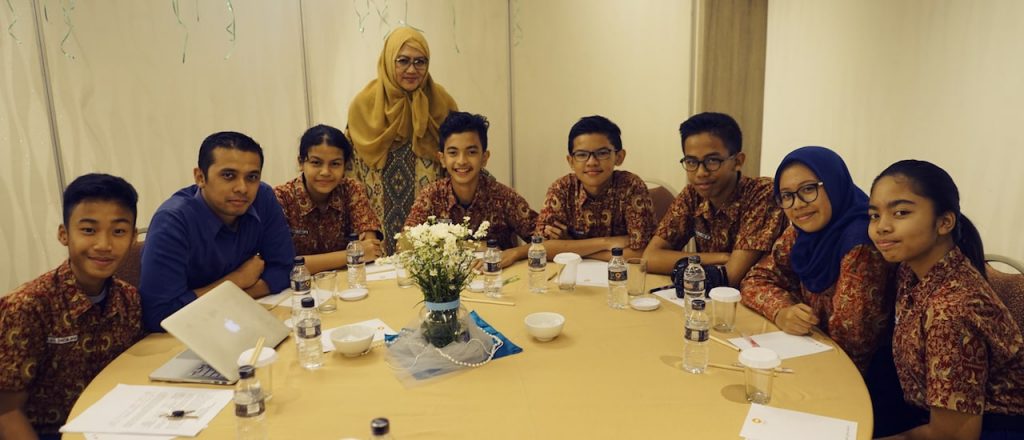
Today’s guest post is from Bhredipta Socarana, an Intellectual Property lawyer based in Indonesia and a Youth@IGF Fellow.
As one of the most populated countries, Indonesia has grown as one of the biggest markets for technology development. From the import of various over-the-top platforms to the implementation of Artificial Intelligence, technology has changed the Indonesian livelihood, including my own. This is also the case for Internet of Things (IoT).
As an emerging country, Indonesia admittedly has not been an advance player in responding to technology improvement. Despite the heavy invasion of technology-related products, many Indonesians have homework to do, especially for IoT. The business player needs to be aware of the responsibility of manufacturing and distributing IoT, while the public must also be aware of the various risks that they may be exposed to using IoT products.
Through the rapid development of technology and the intention of the Indonesian government to push the public to enter the “Industrial Revolution 4.0,” it will be mostly impossible to prevent penetration of IoT to our life. This leaves the public with the need to get smart with IoT.
Privacy and cybersecurity are among the issues revolving around IoT, and the need to have a Continue reading
The Internet Is Knowledge and Knowledge Is Power

Adisa Bolutife is a 22-year-old open access advocate based in Lagos, Nigeria. A graduate of the University of Lagos with a degree in and electronics engineering, he is passionate about issues related to access, technology, inclusion, and Internet Governance. In 2016, Bolutife founded Open Switch Africa, where he leads a group of students, researchers, and academics to advocate for open access in research, education, and data in Nigeria. He is also a co-founder and director of Digital Grassroots, a global initiative that works to improve digital literacy in local communities. He is an Internet Society 2017 Youth@IGF fellow and an alumnus of the UNESCO Youth Leadership Workshop on Global Citizenship Education, Mozilla Open Leaders, and OpenCon 2017.
Like many people around the world, the Internet has contributed largely to the person I am today – building my knowledge base through access to a wealth of information. Without the Internet, a lot of things would not be as easy as they are right now.
As a recent graduate, I can relate to the fact that the Internet has been extremely helpful in aiding and improving student learning and research, as I can cite academic resources online and watch Continue reading
Future Thinking: Chris Yiu
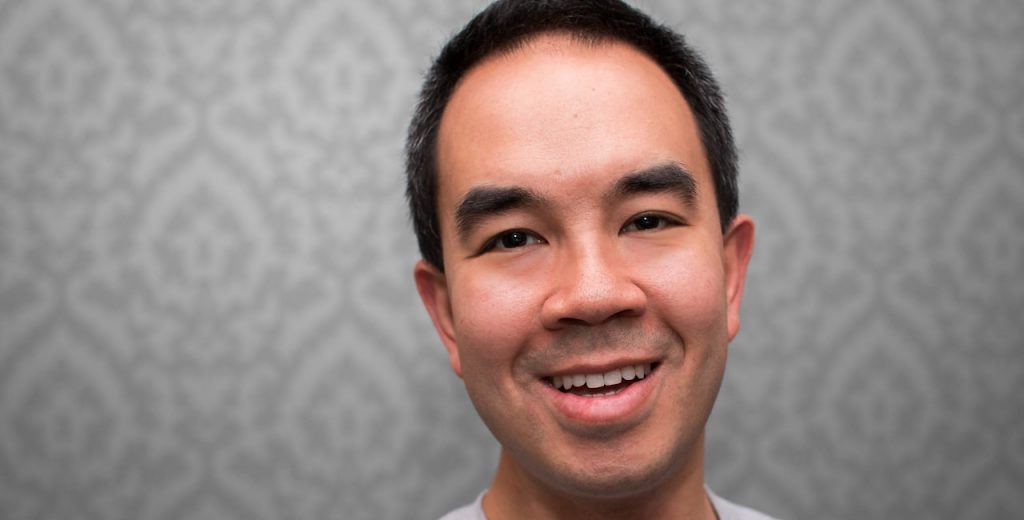
In 2017, the Internet Society unveiled the 2017 Global Internet Report: Paths to Our Digital Future. The interactive report identifies the drivers affecting tomorrow’s Internet and their impact on Media & Society, Digital Divides, and Personal Rights & Freedoms. While preparing to launch the 2019 Global Internet Report, we interviewed Chris Yiu to hear his perspective on the forces shaping the Internet’s future.
Chris is a senior policy fellow for technology in the Renewing the Centre team at the Tony Blair Institute for Global Change. His work focuses on how new technologies can be used to enhance the functioning of liberal democracy, and on policy solutions to the new economic challenges of automation and the digital economy. Chris was previously a general manager at Uber and has held senior roles in a number of public, private, and third-sector organizations. He recently authored the report, “A New Deal for Big Tech: Next-Generation Regulation Fit for the Internet Age” (Tony Blair Institute for Global Change, 2018).
The Internet Society: In your report you write that this “new deal for big tech” is urgent for protecting democratic values globally. Why?
Chris Yiu: Political leaders face an external environment characterised by disruption Continue reading
South Africa Gauteng Community Outreach: Why Community Networks Matter
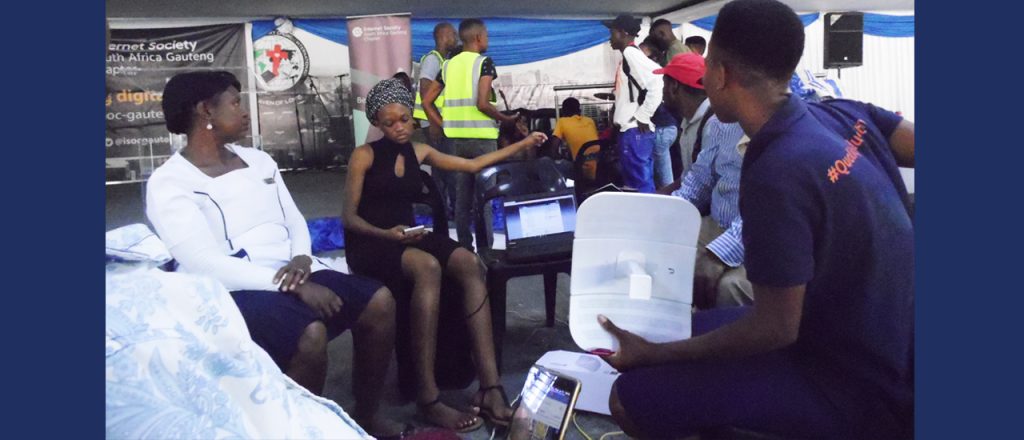
On 14 December 2018, the young and old people of Mamaila Tribal Authority convened at Wholesale Village in the Limpopo Province in South Africa to learn about community networks (CNs). The workshop, with the theme Why Community Networks Matter, took place at Moratabatho Missionary Church International, and was organized by the Internet Society South Africa Gauteng Chapter and supported by the Beyond the Net Funding Programme. The purpose was to create awareness about community networks as innovative solutions that contribute towards closing the digital divides experienced by communities that lack access to telecommunication infrastructure. The workshop was delivered in partnership with Soweto Wireless User Group (SOWUG) and the Zuri Foundation. Thato Mfikwe, the president of the South Africa Gauteng Chapter, introduced participants to the Internet ecosystem and the opportunities available within the Internet value chain. The presentation by Thato stimulated a conversation with participants curious to know how to:
- Make money from the Internet, specifically how to monetize their content on YouTube
- Participate in the Internet ecosystem
- Contribute to policy making
The session introduced participants to cybersecurity, the Internet of Things (IoT) concepts, and the basic infrastructure required for setting up a community network. The presentation created curiosity among Continue reading
Investing in Indigenous Connectivity Is an Investment in Our Future Online

There’s one New Year’s resolution we can bank on to improve the health and livelihoods of millions of people across North America this year, and it doesn’t involve buying into health fads or gadgets.
The newly-released 2018 Indigenous Connectivity Summit (ICS) Community Report shows a strong correlation between Indigenous connectivity and the well-being and sustainability of rural and remote Indigenous communities, especially when solutions are local.
The report summarizes outcomes of the 2018 Indigenous Connectivity Summit that brought nearly 140 Indigenous leaders, policy makers, network operators, and community members to the Arctic community of Inuvik, NT last October.
Like most New Year’s resolutions, connectivity solutions are neither quick nor cheap. This is especially true in northern rural and remote regions of the U.S. and Canada with geographic hurdles that make it hard for Internet service providers to achieve economies of scale.
It’s one of the main reasons today in 2019, millions of people across North America – yes, millions – still don’t have access to reliable broadband Internet.
Last October, the Federation of Canadian Municipalities called on the federal government to invest $4 billion over ten years to connect all Canadians to the Canadian Radio-television and Communications Commission’s universal Continue reading
The Week in Internet News: Massachusetts Town Says ‘No Thank You’ to Broadband Network
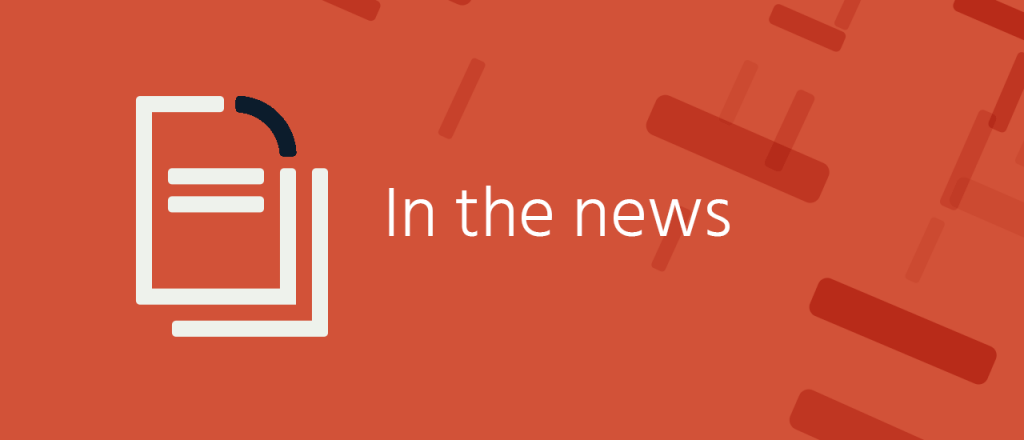
Build your own: A Massachusetts town has declined an offer from a major ISP to build a high-speed broadband network and instead will create its own, the Boston Globe reports. While a locally owned network will initially cost more, residents of Charlemont say they want local control and local customer service.
Congo shuts it off: The government of the Democratic Republic of Congo has shut down the Internet in several cities after a much-delayed presidential election, the BBC reports. Opposition candidate Martin Fayulu’s campaign accused the government of ordering the shutdown to avoid broadcasting his “overwhelming victory.” The shutdown in the Congo shows that China’s philosophy of Internet censorship is spreading, CNN comments.
Bangladesh, too: Meanwhile, Bangladesh ordered its own mobile network shutdown related to an election, Engadget reports. The country’s Telecommunication Regulatory Commission shut down 3G and 4G mobile data ahead of its Dec. 30 parliamentary elections to “prevent rumors and propaganda” from influencing the vote.
Blockchain marries IoT: Some large companies are looking for ways to use the blockchain technology with the Internet of Things, Network World says. Volkswagen is one of the companies, and automotive uses for blockchain include authenticating mileage for a lease return, or remote, Continue reading
Because Our Future Depends On It

Esther is a youth leader passionate about gender, digital literacy, and grassroots advocacy. She is founder of the SAFIGI Outreach Foundation and President of Digital Grassroots.
She is also a 2019 IFF Community Development fellow, a 2019 Engineers Without Borders Canada Kumvana fellow, a Mozilla Open Leader, an Internet Society 2017 Youth@IGF fellow, an open knowledge advocate, and a champion for capacity building of youth and girls.
Esther graduated summa cum laude in multimedia journalism, and is a contributor on Impakter.com and Africa.com. She is an emerging African writer, working on her debut fantasy novel and does photography in her free time.
Born in 1994, about the same time Tim Berners-Lee founded the World Wide Web Consortium and a commercialized Internet started to take form, the Internet has inextricably shaped my life and career.
At 16 years old, I got my first job at an Internet café. I had taught myself to type, and that was all I needed to teach people that they couldn’t just guess a password if they had not already set up an email account. Many young people in developing nations are still grappling to learn the computer (it’s Continue reading
Emerging Technologies: Bridging the Digital Gap in Africa
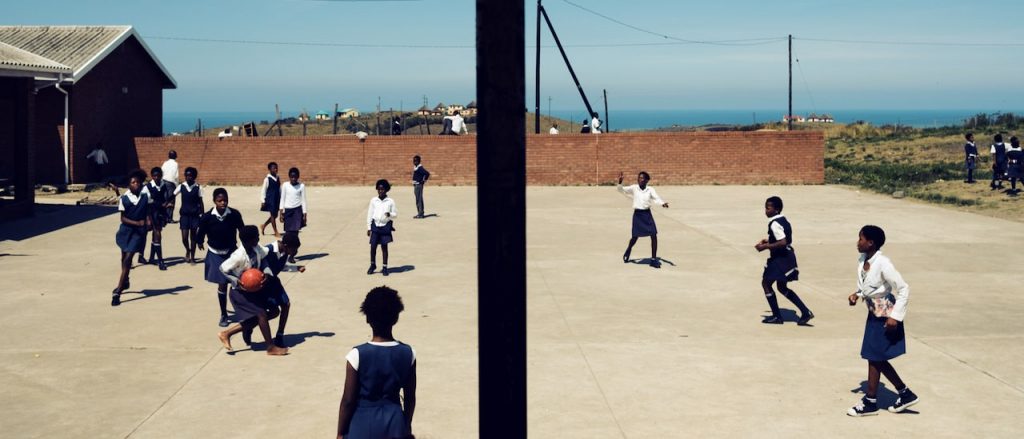
With all the excitement about the role of technology in contributing to social change and improved development outcomes across Africa, it is easy to forget that only 11% of the world’s Internet subscribers are Africans, while only 35.2% of Africans use the Internet. An effective science and innovation system in any country, and globally, I believe, depends on strong basic research and higher education infrastructure. In addition to knowledge production, basic research facilities, development of human resources, and applications are critical. But in the course of conducting, applying, and managing research, both researchers and managers of research and innovation have information needs. These needs must be satisfied in order for the scientists and the science innovation system to function effectively.
My recent participation at the 13th Internet Governance Forum (IGF) in Paris as a Youth@IGF Fellows brought me closer to the realization that technology has really increased the speed and reach of information everywhere – and now to communities in Africa.
Africa is leapfrogging information and communication technology development, which is also fueled by mobile broadband, but there are also worrying trends, such as a growing the digital divide between men and women, and between urban and rural areas.
Zimbabwe Chapter Meetup on IoT: Converse / Create / Collaborate
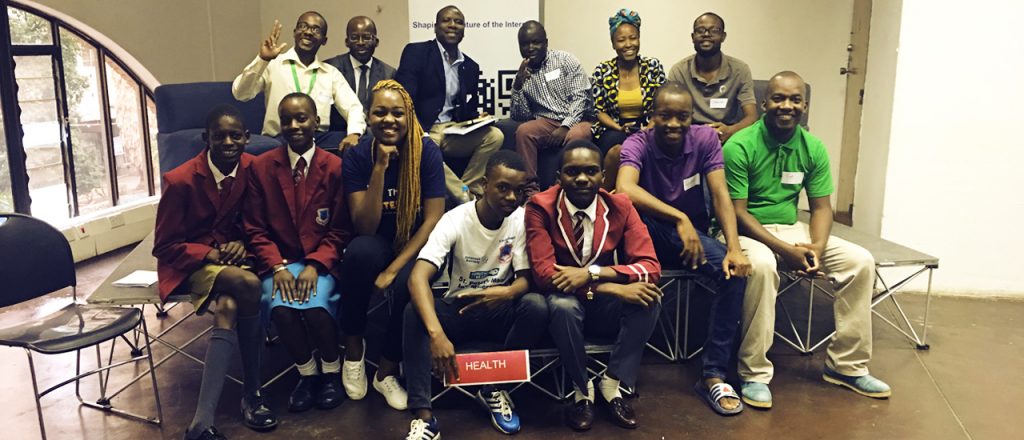
On December 6th 2018, the Internet Society Zimbabwe Chapter held an Internet of Things (IoT) meetup supported by the Beyond the Net Small Grants, a programme intented to assist the Internet Society Chapters with financial support to organize initiatives that contribute to the development of their communities.
An exciting convening brought together Zimbabweans with a keen interest in solving some of the pressing issues facing the country using IoT. The meetup was a drive by the Zimbabwe Chapter to create a platform for conversations around IoT security and the potential benefits of Internet-connected devices. More so, it sought to harness innovation potential by creating a space for IoT creativity and collaboration. It ran under the tagline “Converse/Create/Collaborate.”
The meetup was engineered on the basis that in order to push the IoT Security agenda forward there is need to use a multistakeholder approach. The first section of the meetup was a conversation on the subject matter through a keynote presentation and a panel discussion. Solomon Kembo gave the keynote talk and really set the pace on what IoT was and how it would solve most of our challenges in society. He also talked about the IoT projects that the Continue reading
Flor de Ceibo Conecta2: Sharing Experiences

Today’s guest author is María Julia Morales González, the “Flor de Ceibo Conecta2” project manager and a professor at the Department of Sociology and Interdisciplinary Space of the University of the Republic Uruguay.
The Internet Society Uruguay Chapter, in partnership with the The University of the Republic and the Consejo de Formación en Educación, as well as with financial support from the Beyond the Net Funding Programme, has taken significant steps to help children and teenagers to develop digital skills in a creative and innovative way in three of the nineteen segments in which Uruguay is politically divided: Paysandú, Rivera, and Salto. Their project Flor de Ceibo Conecta2 aims to train young people from disadvantaged communities using digital resources in creative and challenging classes to help them improve their everyday lives and expand their chances for a better future.
Hoy queremos acercarles 2 experiencias que estamos transitando en el Proyecto Flor de Ceibo Conecta2.
Una de ellas se desarrolla en la ciudad de Salto en el liceo N° 7 del Barrio Artigas, zona de alta vulnerabilidad. Allí el equipo está trabajando en el uso de redes sociales y en particular en este taller en referencia al uso de whatsapp.
The Week in Internet News: India Pushes for Sites to Remove ‘Unlawful’ Content, Break Encryption
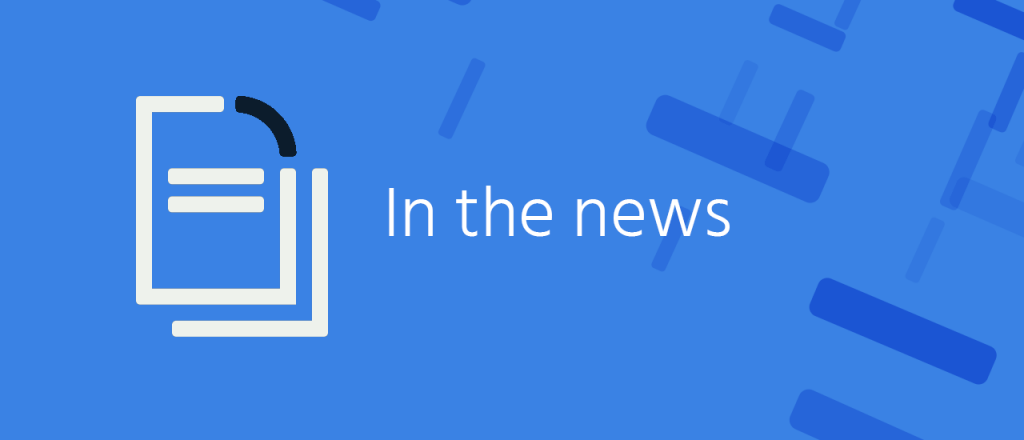
Not this again: India’s government wants websites and social media platforms to remove content regulators determine as “unlawful” within 24 hours and to create automated tools to identify this material, BuzzFeed reports. The government also wants the tech companies to trace the source of the content, requiring platforms like WhatsApp to break encryption. This follows passage of an Australian law that forces online services to provide the government there with encryption workarounds.
The Wire of India defends the proposal, however, saying it’s aimed at holding websites and social media platform more responsible for the content they distribute.
More blocking: The government of Sudan has shut down most Internet access in the country and blocked access to social media platforms, Rogue Media Labs says. The government blamed the shutdown on massive protests over income inequality and other issues.
Missed assignments: In a related story, some college students in the Indian region of Kashmir have missed deadlines for submitting online application forms of their bachelors of education examination because of frequent and lengthy Internet shutdowns there, reports Kashmir Reader. Students are asking the University of Kashmir to extend its deadline.
Blockchain vs. national security? An ex-CIA official is targeting blockchain, saying the Continue reading
NAT64Check Version 2 is launched!

With the New Year comes the launch of NAT64Check version 2 from the Internet Society. The first version of NAT64Check was introduced a couple of years ago and has proved very popular and successful, so for the past year we’ve been working on a number of enhancements in response to feedback and requests. And we’re very happy to be able to make the new version available as we welcome in 2019.
NAT64Check is a tool developed by the Internet Society in collaboration with Stichting IPv6 Nederland, Go6, SJM Steffann, Internetbureau Max and Simply Understand. This allows you to enter the URL of a particular website, and then run tests over IPv4, IPv6 and NAT64 in order to check whether the website is actually reachable in each case, whether identical web pages are returned, and whether all the resources such as images, stylesheets and scripts load correctly. It also compares responsiveness using the different protocols, therefore allowing network and system administrators to easily identify anything is ‘broken’, to pinpoint where any non-IPv6 compatible elements need to be fixed.
 The original version of NAT64Check though, ran on two separate servers at Go6 and the IPv6 Lab which each had a limited view of the Internet Continue reading
The original version of NAT64Check though, ran on two separate servers at Go6 and the IPv6 Lab which each had a limited view of the Internet Continue reading
Another Step Closer to Our Mission

The Internet now reaches more than half the world.
A recent estimate indicates that nearly 4 billion people – more than half the world’s population – now use the Internet. More people are now online than existed in the world the year I was born. Everyone, it seems, values the Internet. We all still know the Internet is for everyone.
The Internet Society, including all our chapters and members, was part of Internet growth in this period. 2018 was a year of many changes at the Internet Society. We changed the staff and ways of organizing work to make things clearer. We changed our CEO. But at the same time, we brought infrastructure to some of the most remote parts of the world. We pushed for better security for many of the new devices that are connecting to the Internet. And we worked to include the whole range of voices when it comes to who’s making decisions about the Internet’s future.
These are just a few of the things we, the whole Internet Society, did together. We work together because that’s what internetworking is: working together, each of us making a greater whole of our individual parts.
So, as Continue reading
LibreRouter: A Multi-Radio Wireless Router for Community Networks
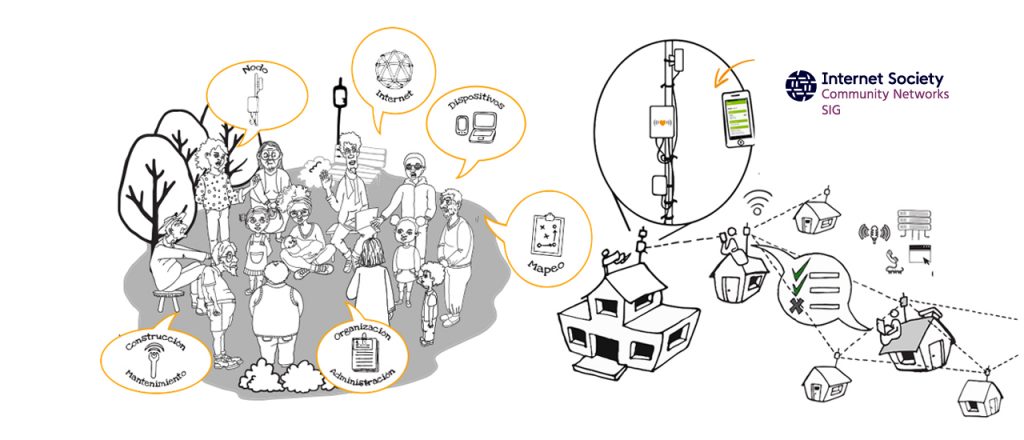
Since their inception, community networks have depended on modifying existing off-the-shelf routers to adapt them to their particular needs. Software development originated in community-network groups and the free software movement as a whole have pushed the barrier of innovation and helped commercial enterprises develop new products over the years.
The LibreRouter, created by the collaboration of the Internet Society Community Networks Special Interest Group (CNSIG) and AlterMundi with the support of Beyond the Net Funding Programme, is an open-source hardware WiFi router designed for the specific needs of community networks.
The LibreRouter Project works to achieve autonomy and technological sovereignty that allows deploying, managing, scaling, and sustaining community networks. The reality is that community networks are not a profitable market segment for the industry. This means that the equipment used is not adequate to solve the particular needs they have. To manufacture the equipment you have to be encouraged to understand it and do it in a different and integral way.
Besides the hardware development, the most important part of this project is the integral work that involves software solutions and documentation material. It’s an important work focused on the communities themselves having the capabilities to deploy their Continue reading
The Year in Review: Governments Try to Restrict Free Speech Online and Break Encryption

In 2018, the Internet saw concerted government efforts to restrict free speech on the Internet – some in the name of fighting “fake news” – and to compromise encryption on devices and messaging apps.
Can the government decide what’s fake news? Several countries either passed or explored laws intended to combat so-called fake news and online disinformation. In some cases, the laws contained significant prison time for those who create or disseminate fake news.
The problem, of course, is that the government decides what’s fake and what’s legitimate news. Free speech advocates have warned that the anti-fake news laws amount to censorship, with government officials playing content gatekeepers.
In Malaysia, the fake news law was quickly used to investigate an opponent of the administration in power. Malaysia repealed its anti-fake news law about four months after it passed, when opposition leader Mahathir Mohamad, one of the first people invested under the law, became prime minister.
In November, France passed its own anti-fake news law, allowing judges to determine fake news and order its removal. Distributors of news determined to be fake can face one year of prison time. India also considered but abandoned a fake news law earlier this Continue reading
DNS-over-TLS in Linux (systemd)
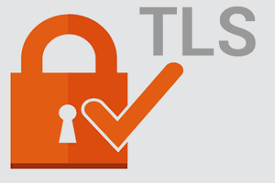
Whilst we were putting together some content about DNS privacy recently, we learned that recent distributions of Linux ship with support or this. We therefore decided to give Ubuntu 18.10 a try on a laptop.
More recent versions of Ubuntu employ a special service for name resolution called ‘system-resolved.service(8)’. The configuration file ‘resolved.conf(5)’ specifies most of the details for name resolution, including which protocols and resolvers should be employed, whilst the ‘/etc/systemd/network/*.network’ configuration files (see ‘systemd.network(5)’ for details) of the ‘systemd-networkd.service(8)’ specify any per-link specific settings.
The default configuration of ‘systemd-resolved’ is selected at compile time, and ‘/etc/systemd/resolved.conf’ normally contains commented-out lines describing such defaults. For example, the contents of the aforementioned file on a fresh Ubuntu 18.10 installation are:
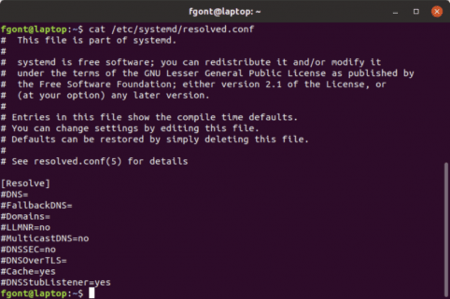
As may be inferred from the file, DNS-over-TLS (DoT) is supported, but disabled by default. At the time of writing, only opportunistic DoT is supported according to the manual, which means that the resolver will first try resolution using DoT before falling back to traditional DNS in the event of failure – thus allowing for downgrade attacks where an attacker intentionally causes a DoT failure in order to cause name resolution to downgrade Continue reading
لمحة عامة حول حوكمة الإنترنت (General Overview about Internet Governance)
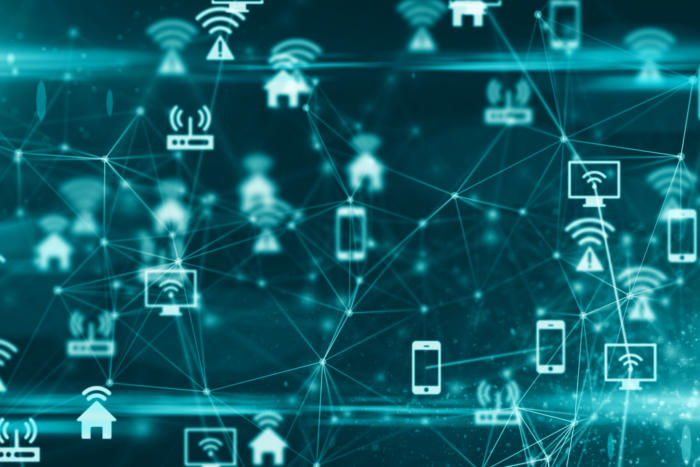
تلقى ملايين المستخدمين عبر فيسبوك مؤخراً رسائل تفيد بأن بياناتهم الشخصية قد تسربت بسبب اختراق Cambridge Analytica لها، يأتي هذا بعد أن كشفت صحيفة Observer أن Cambridge Analytica ، التي عملت مع فريق دونالد ترامب الانتخابي استحوذت على ملايين الحسابات الشخصية لمواطنين أمريكيين واستخدمت بياناتهم لبناء برنامج حاسوبي للتنبؤ بالناخبين والتأثير عليهم.
التصدي للمشاكل والقضايا التي تخص الانترنت بما فيها قضايا الأمن والخصوصية ليس بالأمر السهل ليس فقط بسبب النمو والتطور الكبير لهذه الشبكة والأثر الكبير الذي أحدثته على شتى القطاعات ونواحي الحياة، بل أيضاً بسبب طبيعته اللامركزية أي أنه شبكة غير محكومة بسلطة مركزية واحدة تقوم بإدارة الإنترنت وحدها.
الإنترنت هو ثمرة جهود مشاريع بحثية مولتها الحكومة وجهود أفراد من الجامعات ومنظمات القطاع الخاص الذين قادوا معظم تطوره المبكر وجعلوا منه منصة قائمة على تعاون مختلف الجهات والأطراف المهتمة بالأنترنت والمتأثرة بقراراته والتي تساهم في وضع سياساته. نرى في جزء آخر من العالم التصدي لمشاكل الخصوصية وحماية البيانات الشخصية في إقرار المجلس الأوروبي لقانون حماية البيانات العامة للاتحاد الأوروبي (GDPR)، وذلك بعد سلسلة من النقاشات دامت حوالي أربع أعوام من أجل ضمان أمن بيانات الأفراد ضمن الاتحاد الأوروبي. يمكننا أن نعبر عن العمليات القائمة بين أصحاب المصالح المتعددين والتي تؤثر على كيفية إدارة الإنترنت “بحوكمة الإنترنت”.
في سياق Continue reading